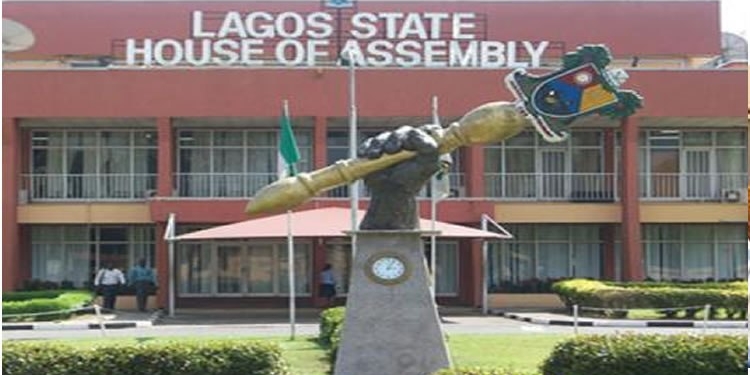The Centre for Infrastructural and Technological Advancement for the Blind (CITAB) has lauded the call by the Lagos State House of Assembly to restructure the Lagos State Office For Disability Affairs (LASODA) for more effective discharge of its duties and responsibilities.
This was contained in a press release issued on Wednesday in Lagos by the group’s Executive Chairman, Jolomi Fenemigho.
The CITAB boss hailed the call by the Lagos legislators adding that it is a good omen for the disabled community in Lagos, especially for the visually impaired.
According to him: “It is good to know that this new administration is no longer sitting at the sidelines but actually taking the bull by the horn by ensuring that the welfare of the disabled community is considered and we hope that this is the beginning of more good things to come.”
He further urged the government to ensure annual job recruitment, loans and empowerment schemes to alleviate the suffering of visually impaired persons in the state.
According to Fenemigho: “Although, the call by the Lagos House of Assembly is a laudable one, it is not enough. Recruitment of the disabled into public service ought to be done annually. We also recall the controversial empowerment grant which was intended initially to be a loan for disabled persons to start businesses of their own which ended up being a 100,000 Naira grant to selected disabled persons from all disabled groups in the state. This should be increased to something more reasonable.”
Fenemigho further stated that the government through LASODA can sensitize the public by going to garages, bus-stops and market places to enlighten the people on how best they can identify and help a blind person with a white cane when they need to cross an express-way, use a pedestrian bridge or when they need assistance to get to their destination.”
He further called for the participation of leaders of the local councils in sensitizing citizens on how to help the blind in their various communities.
According to Fenemigho: “Many disabled live in total isolation and are afraid to interact, communicate or even aspire to develop themselves in these communities. However, with sensitization through the local councils, they stand a chance of living better lives.”

